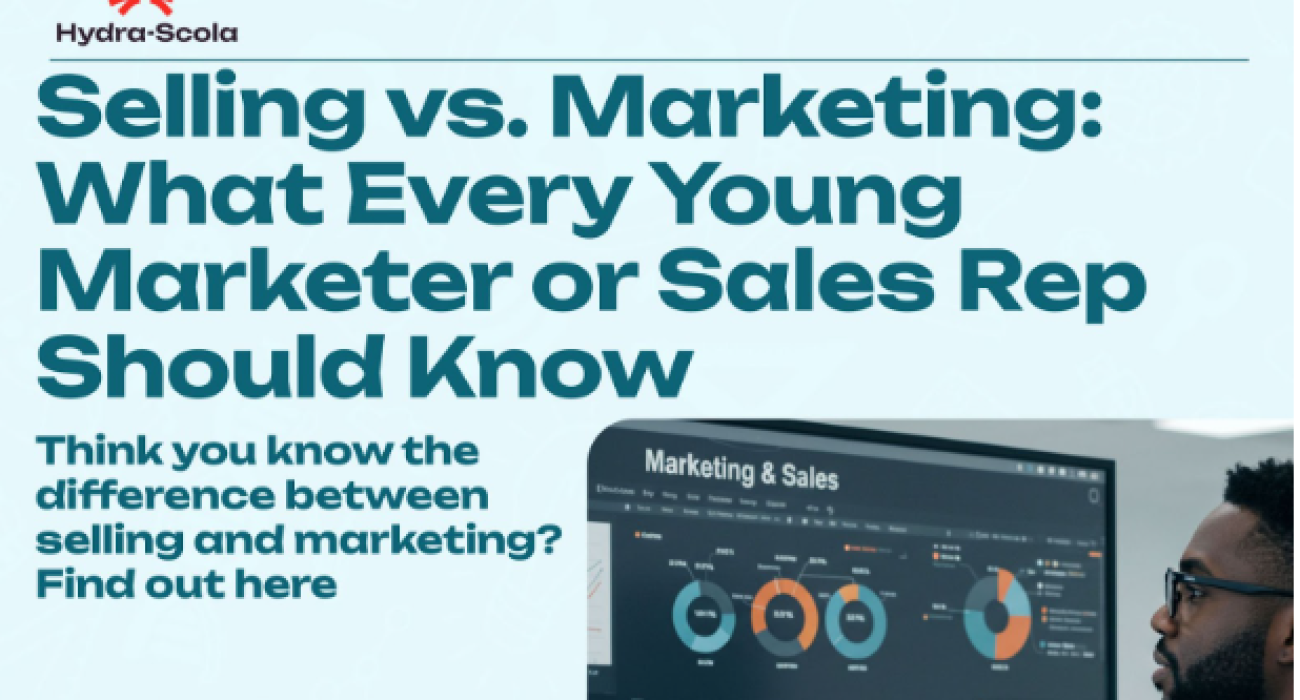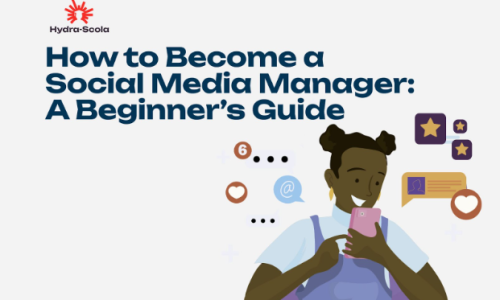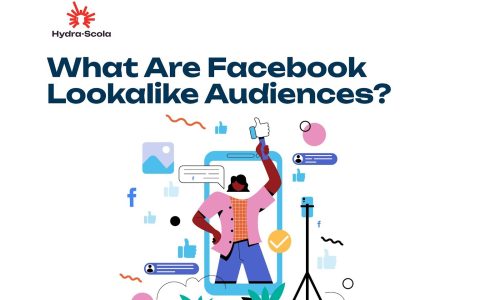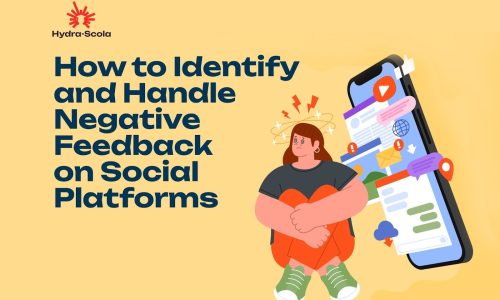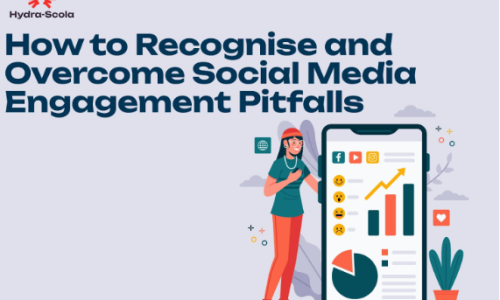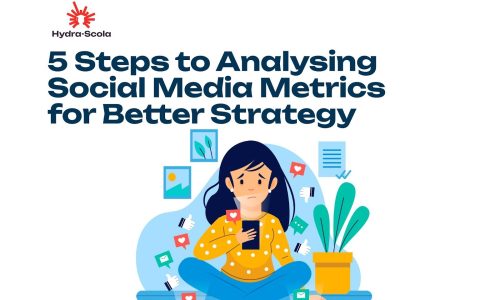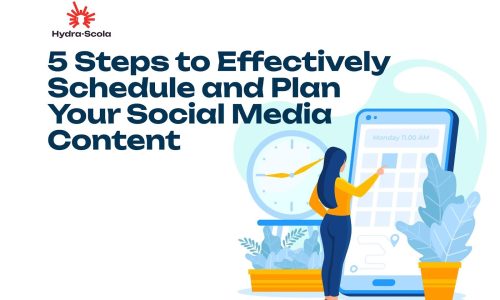What is Selling vs Marketing?
Table of Contents
ToggleThink of this:
You come across an advertisement for a new phone while browsing Instagram. “The longest battery life yet; lasts three days without a charge,” it states.
Out of curiosity, you click the advertisement and land on their website. You see everything on the page: descriptions, shiny images, user reviews, and a ‘Buy Now’ button.
Then, you proceed to purchase it.
That’s the power of sales and marketing working together.
The page content and the advertisement? That’s marketing.
Paying for the phone by clicking the “Buy Now” button? That’s selling.
Now, as someone who is probably new to marketing or sales, you might think, Aren’t these the same thing?
Nope, they’re not. And if you want to level up in your career, you need to know how these two are different. So let me break this down in a way you will understand.
Key Takeaways of Selling vs. Marketing
Here are the key aspects to consider
| Aspect | Selling | Marketing |
| Focus | Emphasizes the product (e.g., features and price). | Emphasizes the customer’s needs and solutions. |
| Timing | Happens after the product is ready. | Starts even before the product exists. |
| Goals | Short-term: Close the deal and make immediate revenue. | Long-term: Build relationships and brand loyalty. |
| Techniques | Personal pitches, demos, and direct interactions. | Broad campaigns: ads, social media, and email marketing. |
| Measuring Success | Number of sales made. | Brand awareness, engagement, and leads generated. |
| Customer Approach | Persuades customers to buy. | Solves customer problems and builds trust. |
| Relationship Building | Focuses on the current transaction. | Builds lasting connections for repeat business. |
| Content Creation | Sales presentations and demos. | Blogs, videos, and other value-driven content. |
| Targeting | Focuses on individuals. | Reaches broader groups or segments. |
| Technology | Uses CRM tools to track leads and deals. | Uses analytics and automation to attract and nurture leads. |
Now that you have an idea, let’s get into the details!
What is Selling?
Selling is quite simple; it’s the move of closing a deal. It’s that final push to convince someone to buy a product or service.

Think of it like this: selling is what happens when someone says, “I love this phone. How much is it?” and you reply, “It’s N150,000. Should I pack it up for you?”
For instance,
When a salesperson at Innoson Motors persuades a customer to buy an SUV by highlighting its ruggedness and fuel efficiency, that’s selling. The goal? Immediate results—make the sale and move on to the next customer.
As a newbie, focus on your communication skills.
Selling isn’t about forcing a product on someone; it’s about showing how that product solves a problem.

What is Marketing?
Marketing is much bigger. It’s the process of creating awareness and making people want your product before they even meet the sales team. If selling is closing the deal, marketing is opening the conversation.
Think of GTBank’s 737 campaign.
Before anyone dialled *737#, GTBank educated people about how easy it was to use, with ads everywhere from social media to street billboards. That’s marketing, making you aware and interested.
Look at this:
When Dangote Cement runs ads about how their cement builds strong homes, they’re marketing. They’re not asking you to buy cement directly; they’re building trust and credibility.
Marketing is about understanding your audience. Ask yourself, ‘What are their problems, and how can I show them that my product is the solution?’

Main Differences Between Selling and Marketing

1. Product vs. Customer Focus
- Selling emphasizes on the product. “This generator has a 2-year warranty.”
- Marketing talks about the customer’s needs. “This generator will keep your business running during a power outage.”
For example,
Dettol’s ads aren’t just about “Buy our soap.” Their ads stress how Dettol protects families from germs—a need every household can relate to.
When marketing, think about what the customer cares about first. Don’t just list features; highlight the benefits.
2. Timing
Selling happens after the product is ready to sell, while Marketing starts even before the product exists.

Here’s an example:
Jumia Nigeria markets Black Friday deals weeks before the actual sales begin to create excitement, so when Black Friday comes, customers are ready to buy.
As a marketer, build expectations with marketing; by the time selling happens, customers should already be excited to make a purchase.
3. Goal
Selling focuses on getting immediate returns, while Marketing builds relationships and loyalty.
For example,
Flutterwave isn’t just concerned about the payment process. Their marketing shows how they enable businesses to grow globally, which keeps customers around for the long haul.
While sales might feel like the end goal, always think long-term. Marketing builds trust that leads to continuous business.
4. Techniques
Selling involves personal publicity, product demos, and direct interactions. While marketing focuses on broad campaigns like ads, social media content, and email newsletters.
For Example,
Airtel Nigeria runs TV ads about affordable data plans; that’s marketing. When their staff helps you pick a specific plan in the store, that’s selling.
5. Determining Success
Sales volume is used to measure selling, whereas engagement, leads, and brand awareness are used to measure marketing.
For instance,
When Kuda Bank runs campaigns that get people to sign up for accounts, that’s a marketing win. When those sign-ups turn into active users or take on any of their numerous products, that’s a selling success.
Pay attention to both numbers. Marketing gets people interested; selling converts them into paying customers.
6. Customer Approach: Persuasion vs. Problem-Solving
- Selling: “This phone has the latest 128MP camera.” is persuasive
- Marketing: “Capture your life’s best moments with this phone’ is problem-solving.
For instance,
Peak Milk focuses on how its milk strengthens families and improves health. They solve a problem rather than just talking about features.
Show your audience how your product improves their lives. Problem-solving is more effective than persuasion.
7. Building Trust
Selling focuses on the current transaction, while marketing focuses on building a relationship.
For example, Sycamore NG doesn’t just sell financial products. Through social media content and blog posts, they continue educating and engaging their customers long after the sale.
8. Content promotion
While selling focuses on promotions and demos, marketing concentrates on creating valuable content like blogs, videos, and guides.
Content should educate and entertain customers, not just sell. The more value you offer, the more your audience will trust you.
9. Targeting Individuals vs. Groups
Selling focuses on one customer at a time. Marketing reaches out to broader groups.
Take for instance,
Paystack markets to SMEs as a group, but their sales team works directly with larger clients to close enterprise deals.
Use broad marketing to attract leads and personalized sales to close them.
10. Technology
Selling relies on tools like CRM for managing individual leads and tracking deal stages. Marketing uses analytics and automation to track campaigns, target audiences, and nurture prospects.
How Selling and Marketing Work Together
Think of selling and marketing as teammates. Marketing creates interest and builds trust. Selling seals the deal.
Without marketing, you’re trying to sell to people who don’t know or care about your product.
Without selling, marketing is just noise that may never get to the desired and definite outcome!
Conclusion
Selling and marketing are two sides of the same coin. Marketing attracts and educates your audience, while selling closes the deal and drives revenue.
As a young marketer or sales rep, mastering the difference will give you an edge in your career.
Remember, marketing makes selling easier, and selling validates marketing. When you combine both effectively, you’ll go from newbie to pro in no time.
Damaris is a content writer at HydraScola, where she explores topics around marketing and business growth.

